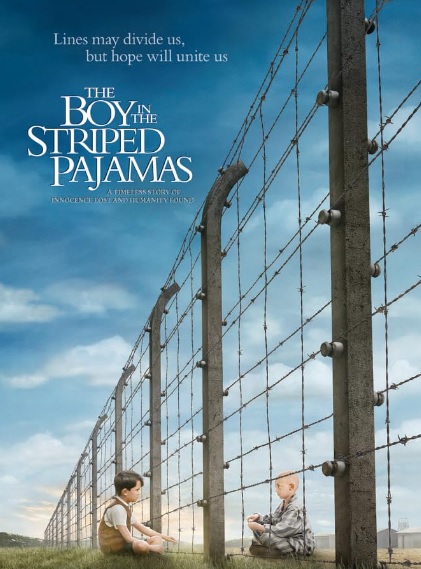
Director: Terry George
Starring: Don Cheadle, Sophie Okonedo, Joaquin Phoenix
Paul Rusesabagina, a hotel manager, houses over a thousand Tutsi refugees during their struggle against the Hutu militia in Rwanda, Africa.
‘Hotel Rwanda’ is based on the Rwandan genocide which – according to Rwanda – killed around one million people during the 100-day war in 1994. Most of the victims were from the Tutsi ethnic group.
Don Cheadle stars as Paul Rusesabagina, the manager of the four-star Hôtel des Mille Collines in Rwanda. He is of the Hutu ethnic group, while is wife Tatiana is Tutsi. When the President – being Huto – was killed by Tutsi extremists, this resulted in the start of the genocide the very next day. In an instant, Paul’s life was turned into a nightmare. With Tutsis being killed, Paul had to do everything in his power to save his family.
With the hotel guests having been evacuated, Paul soon had his hands full with Tutsi civilians looking for refuge at the hotel. The rest of the film sees Paul pleading for help from the United Nations, the Red Cross, and military officials. Fearing time is running out before all hell breaks out at the hotel, the film also becomes a nail-biting race against time.
Don Cheadle delivered a fantastic performance as Paul. ‘Hotel Rwanda’ is a very well made film, but it can be depressing – even more depressing because this is based on fact, and so many innocent people lost their lives in such a short space of time.
‘Hotel Rwanda’ received 65 award nominations, winning 16. It also received Oscar nominations for Best Lead Actor (well deserved for Don Cheadle!), Best Supporting Actress, and Best Screenplay.
Would I watch it again? No. Too depressing.




